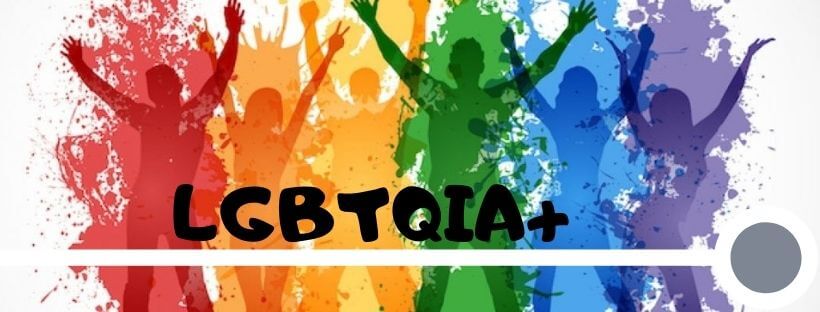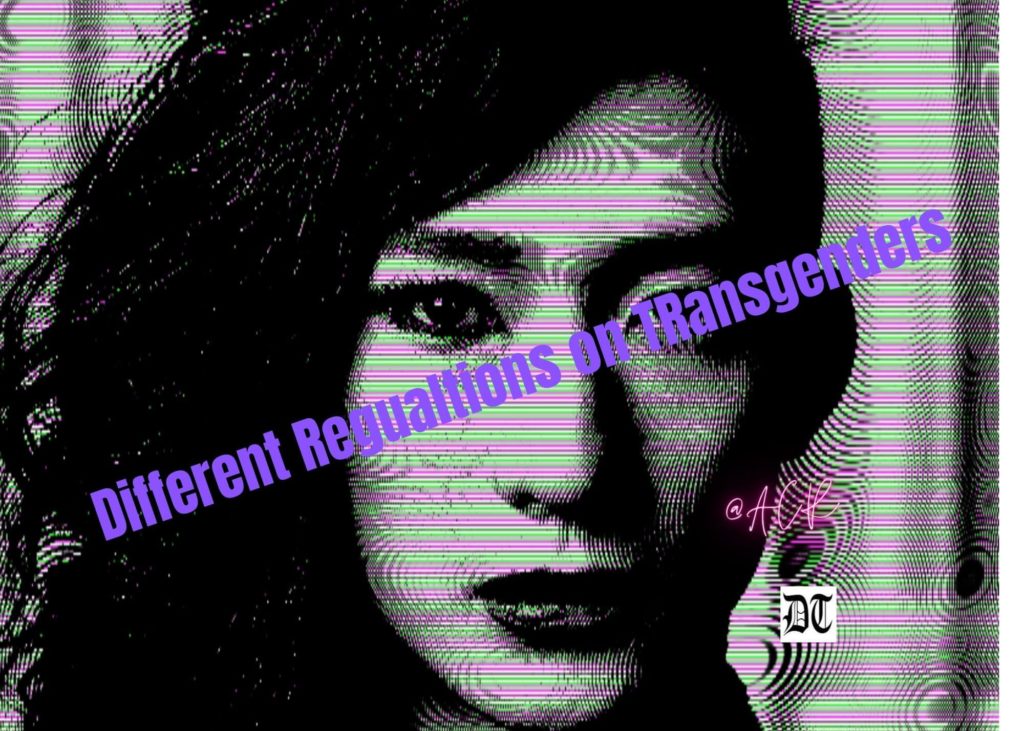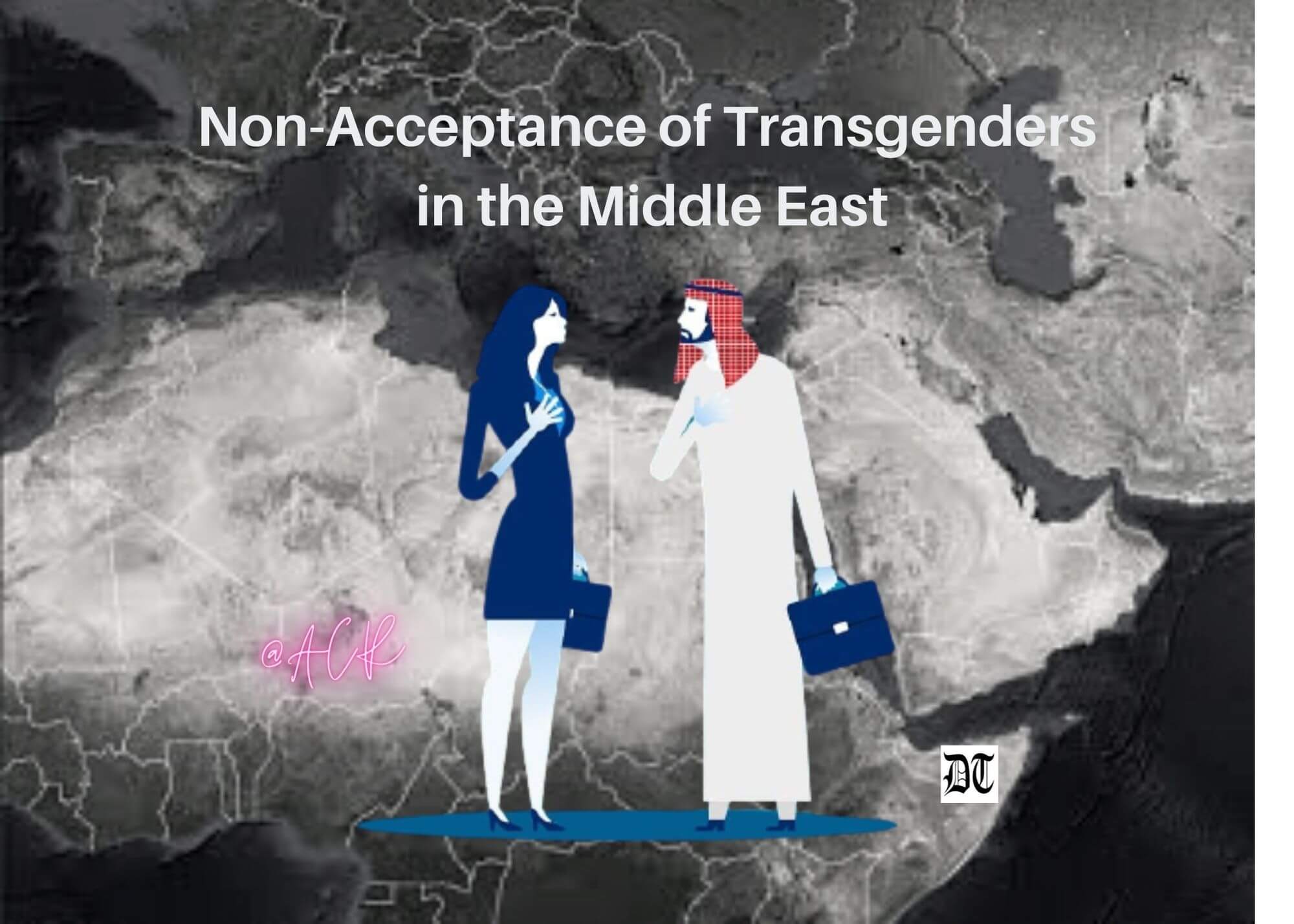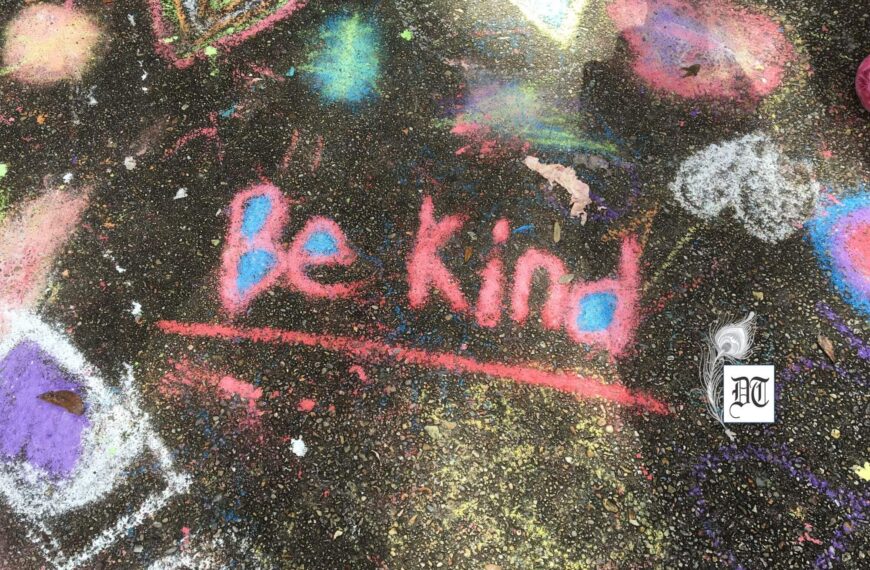Transgenders and other in-between gender preferences find no acceptance in most of the Middle East countries, informs Shormita. An exclusive for Different Truths.

Gender binary plays a major role in the subject of non-acceptance of the trans-individuals. It only distinguishes between two genders – male and female. It could be said that social structure is clearly based upon the distinction between men and women. Middle-east is a region where the problem of gender discrimination is widespread and, mostly dress codes of men and women are enforced by law. Therefore, the problems of transgenders or gays or lesbians are majorly acute in that region.
… a movie called The Danish Girl (2016), a film based on a transgender artist was banned in Qatar. Few days after its screening, the movie was banned by the Culture Ministry.
For instance, a movie called The Danish Girl (2016), a film based on a transgender artist was banned in Qatar. Few days after its screening, the movie was banned by the Culture Ministry. The censor board had already blocked this movie in Bahrain, Jordan, Oman, Kuwait, and the United Arab Emirates.
In Saudi Arabia, there are no LGBTQIA+ organisations that have been established, reports the US Department of State. Also, there are no records or social issues discussed among the people because of the social and political pressure of not discussing LGBTQIA+ issues. Another major shocking move was planned to conduct the Gulf Cooperation Council (GCC) homosexuality test. This test was planned by Kuwait and other gulf countries to prevent the migration of homosexual persons in their country. Also, transgenders were also on these lists that were required to pass the health examination. This is because in most of the gulf countries homosexuality has been declared as an illegal act or people who belong to the LGBTQIA+ community do not have recognition for their gender identity. Therefore, some countries like Saudi Arabia, Oman, Kuwait, United Arab Emirates, Qatar, Syria, Egypt, Bahrain, Iraq, Jordan, Lebanon, Afghanistan, Palestine, etc., does not recognise any other gender identity other than male or female. In Islam, the Holy Quran asserts that humankind has created only two kinds of gender identity, i.e. male and female. Therefore, Islam prohibits same-sex activity or other gender identity individuals other than male and female.
It has been reported by the Human Rights Watch that in countries like Egypt and Morocco, people are discussing the issues related to sexual orientation and gender identity and it is becoming to be a mainstream Human Rights movement. Also, the condition in Iran has been improved for transgender individuals as the government in that country has legalised sex change operations after seeking medical consent. On the contrary, in countries like Saudi Arabia, Yemen, United Arab Emirates, Iran, and Qatar, a homosexual relationship is an illegal offence and can be punishable by death. While in most of the gulf countries, same-sex relations or in-between identities are not acceptable by the society and it has been regarded as an illegal act that is punishable either by imprisonment, fines, or the death penalty.

However, surprisingly in Pakistan, transgender individuals might undergo Sex Reassignment Surgery (SRS). Also, in 2018 the Parliament of Pakistan has passed the Transgender Persons (Protection of Rights) Act…
However, surprisingly in Pakistan, transgender individuals might undergo Sex Reassignment Surgery (SRS). Also, in 2018 the Parliament of Pakistan has passed the Transgender Persons (Protection of Rights) Act, which protects the rights of transgenders. The law of Israel also provides protection to LGBTQIA+ individuals. It prohibits hate crimes directed against the transgender community and other same-sex couples. Remarkably, the transgenders are allowed to be admitted in the Israel Defence Forces. Likewise, Turkey has also legalised consensual same-sex relationships among adults, which is above the age of eighteen.
Visual by Different Truths





 By
By


 By
By